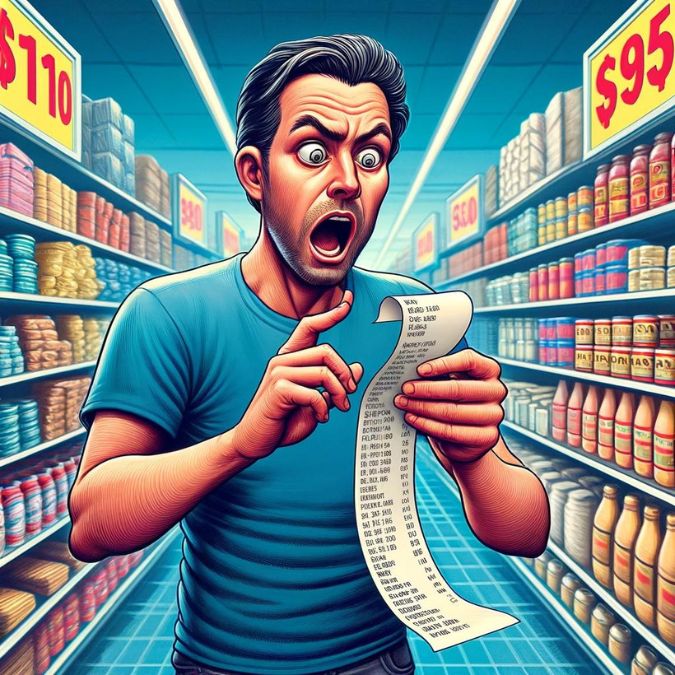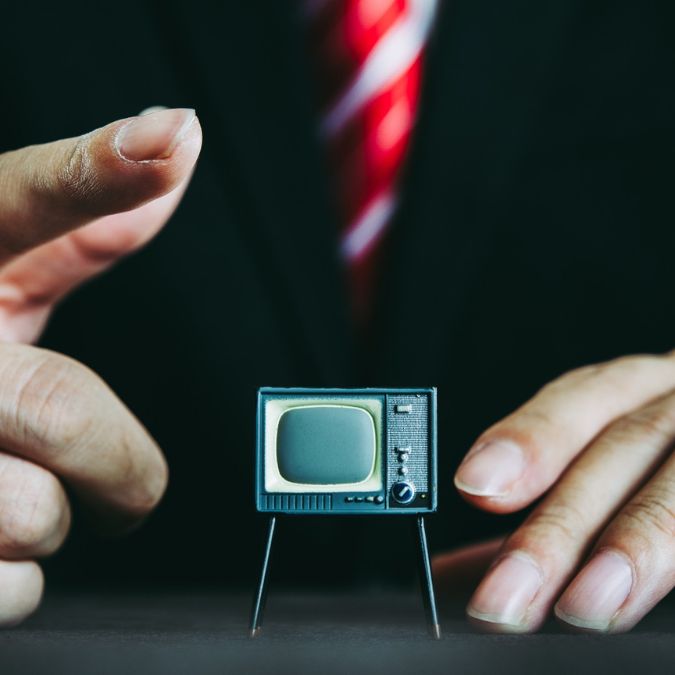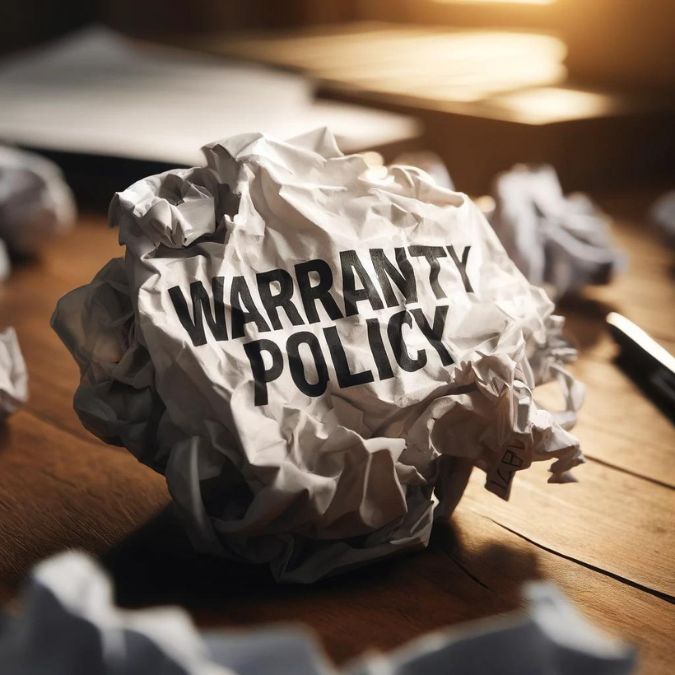In a landscape where consumerism reigns supreme, it’s easy to find yourself unnecessarily parting with your hard-earned cash. But fear not! We’ve compiled a savvy guide to the most common pitfalls that drain your wallet, complete with tips to keep your finances in check. Let’s dive into the nitty-gritty of sidestepping these financial faux pas.
1. The Cable Conundrum
Gone are the days when paying for cable was your only option to watch your favorite shows. Many cable packages bundle channels you’ll never watch, yet you pay for them monthly.
Instead, consider cutting the cord and opting for streaming services. By customizing your subscriptions, you only pay for what you actually watch. This change can slash your monthly bills significantly.
2. Brand Loyalty Blunders
Sticking to one brand can sometimes mean paying more for a name rather than quality. Supermarkets and electronics often markup well-known brands, exploiting loyalty for profit.
To avoid this, compare products based on reviews and specifications instead of just brand names. Often, lesser-known brands offer the same quality at a fraction of the price.
3. ATM Fees Fiasco
Withdrawing money from an ATM that isn’t affiliated with your bank can lead to unnecessary fees, sometimes costing you up to $5 per transaction. Plan ahead by withdrawing from your bank’s ATM or get cash back while shopping at your local grocery store to dodge these pesky charges.
4. Extended Warranty Wasteland
Retailers love to push extended warranties for electronics and appliances, but these are not always a wise investment. Statistically, most products do not fail during the extended warranty period beyond the standard warranty.
Instead of shelling out extra cash, set aside a warranty fund in your savings for potential repairs.
5. Subscription Sneakiness
Subscriptions can drain your wallet, often without you even noticing. Whether it’s a magazine, a gym membership, or a streaming service, review your monthly subscriptions regularly.
Cancel any that you don’t use frequently. Many companies bank on customers forgetting about automatic renewals, so keep a vigilant eye on your recurring expenses.
6. Pricey Premium Gas
Unless your vehicle specifically requires premium gas, filling up with this more expensive option is just money down the drain.
Most cars run perfectly well on regular unleaded. Check your car’s manual and save a few bucks per gallon at the pump by opting for the recommended fuel type.
7. Gourmet Coffee Grab
Daily coffee shop visits are a quick way to burn through your budget. A $5 latte adds up to about $150 a month!
Consider investing in a good coffee maker at home and brewing your own. Not only will you save money, but you’ll also have the chance to become your own barista.
8. High-Interest Credit Cards
Credit cards with high-interest rates can lead to a debt spiral if not managed properly. Always aim to pay off your full balance each month to avoid interest charges. If you carry a balance, consider transferring it to a card with a lower interest rate or a 0% introductory rate offer.
9. Impulse Buying Blitz
Stores are designed to maximize impulse purchases, from eye-catching displays to tempting checkout line add-ons. Avoid shopping when you’re emotional or in a rush and stick to a shopping list to keep your spending in check. Mindful shopping can lead to significant savings.
10. Overpriced Organic Overload
While organic food has its benefits, not all organic products are worth the premium. Focus on buying organic items known to have higher pesticide levels when grown conventionally, like apples or strawberries. For other products, conventional equivalents are just as good and much cheaper.
11. Unused Gym Memberships
Signing up for a gym membership is a common New Year’s resolution, but it’s often an unused investment. Before joining a gym, consider how often you will realistically visit. Alternatively, try out free fitness apps or workout channels that can help you stay fit at home for free.
12. Designer Fashion Faux Pas
High fashion doesn’t always mean high quality. Designer labels can be hugely overpriced for the quality they offer. Explore thrift stores, online sales, or off-price retailers who offer designer brands at significantly reduced prices. You might find the same great styles for much less.
13. Eating Out Excess
Dining out frequently can eat a significant portion of your budget. Try to limit restaurant visits and learn to cook meals at home. Not only is it cheaper, but you’ll also know exactly what’s going into your food. When you do eat out, take advantage of specials or share large dishes to save money.
14. Luxury Car Lease Labyrinth
Leasing a luxury car often means paying more for the prestige of driving a newer model. Consider buying a reliable used car instead. It may not have the same cachet, but the savings on monthly payments, insurance, and depreciation will make up for it.
15. Movie Theater Markup
Watching movies at the theater is fun, but the tickets and concessions can be costly. Set up a home theater experience with a good streaming service and your own snacks.
Many films are available online shortly after their cinema release, allowing you to enjoy the latest movies without the hefty price tag.
16. Holiday Spending Spree
Holidays can lead to massive spending on gifts, decorations, and celebrations. Plan your holiday budget in advance and stick to it. Homemade gifts or experiences can be more meaningful and cost-effective than expensive store-bought presents.
17. Smartphone Upgrade Cycle
Constantly upgrading to the latest smartphone model is an expensive habit. Typically, phones last much longer than the annual upgrade cycle pushed by manufacturers.
Hold onto your phone longer and consider buying refurbished or used phones to keep up with technology without breaking the bank.
18. Tourist Trap Travels
Traveling to popular tourist destinations during peak season can be incredibly expensive. Plan your vacations during the off-season or explore less well-known locations that often offer a more authentic and affordable experience.
19. Excessive Banking Fees
Banks often charge for services like wire transfers, overdrafts, and account maintenance. Look for banks that offer fee-free accounts or services that align better with your banking habits to avoid these unnecessary costs.
20. Energy Inefficiency
Inefficient home energy use can lead to high utility bills. Invest in energy-efficient appliances, seal any drafts in your home, and turn off lights and devices when not in use. These small changes can significantly affect your energy consumption and monthly bills.
Protect Your Hard-Earned Cash
By staying vigilant and making informed choices, you can avoid these common traps that threaten to chip away at your finances. Remember, every little bit saved contributes to a larger pool of security and financial freedom.
Read More
Do You Really Need That Designer Bag? Shopping Rules You Need In Your Life
Finance Decoded: Your Money Roadmap






















